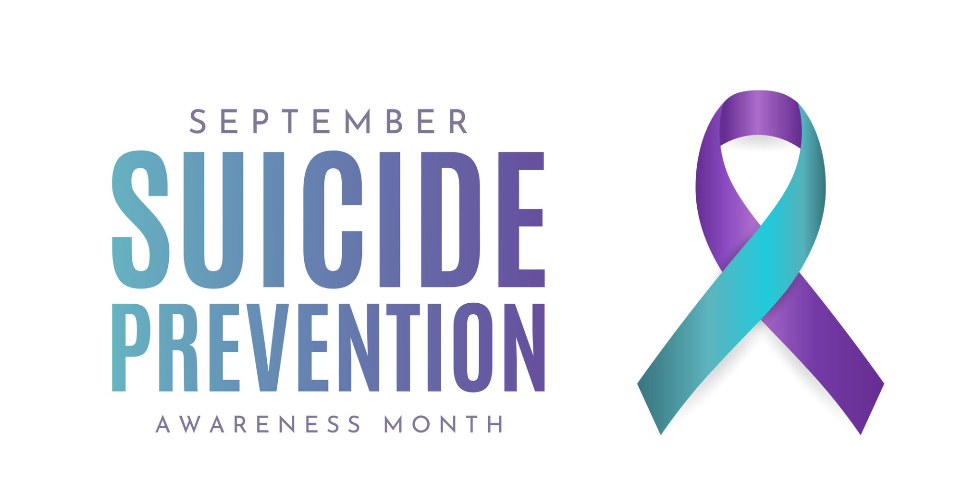Is Your Child Overtired? Signs, Causes, and Sleep Solutions for Better Bedtimes
Lacy Hess • January 12, 2025
Discover How Overtiredness Impacts Sleep and Behavior: Simple Tips to Help Your Baby or Toddler Get the Rest They Need

Are you mistaking your toddler’s meltdowns at bedtime or your baby’s endless crying for "bad" behavior?
Maybe you’ve asked yourself, “Why won’t they just listen?” or “Why won’t they stop crying?”
Here’s the truth: it’s NOT
because your child is “being bad,” and you definitely don’t have a “defective” child. If you’re scratching your head wondering what’s going on, consider this: could your child be overtired?
While there are many reasons bedtime can be a challenge, one of the most common (and most overlooked) causes is overtiredness—something I’ve experienced firsthand as a parent and witness often as a sleep consultant.
Signs Your Child Might Be Overtired
When children are overtired, their bodies produce more stress hormones, making it even harder for them to wind down. So what should you look for?
For infants, signs of overtiredness may include:
• Excessive yawning
• Rubbing of the eyes or ears
• Losing interest in feeding
• Trouble soothing or settling down
• Difficulty falling asleep
• Crying more than usual
For toddlers, overtiredness can look a little different, such as:
• Being extra clingy
• Having a hard time focusing or paying attention
• Struggling to regulate their emotions
• Mood swings or tantrums
• Hyperactivity (yes, overtired kids can seem more energetic!)
• Being more clumsy than usual
How to Tell If Overtiredness Is the Issue
Think back over your child’s day:
• Did your baby only take one short nap at daycare instead of their usual two?
• Did your toddler skip their nap, even though they normally need one?
• Was your child waking up multiple times overnight or starting their day much earlier than usual?
If any of this sounds familiar, overtiredness could be to blame.
How
Much Sleep Does Your Child Actually Need?
If you’re unsure how much sleep your child needs in a 24-hour period or how many naps they should be taking, I’m here to help. Request my Top 3 Sleep Tips
(tailored for both Newborns–1 Year and Toddlers–School Age). Inside, you’ll find a Sleep Chart with recommendations for the number of naps
and total sleep hours
for children ages 3 months to 3 years.
Or request your copy of my Sample Sleep Schedules, which provide sample schedules for babies aged 3 months to 18 months. These schedules include the total hours of sleep your child needs in a 24-hour day, the number of naps, and suggested wake window lengths. It’s an easy guide to ensure your child is getting the rest they need to thrive.
Small Adjustments Can Make a Big Difference
Most of the time, a simple tweak to your schedule—like moving bedtime earlier—can have a huge impact. Fun fact: a 6 PM bedtime is NOT
too early! While it might not work for every family, it can be a game-changer if your child is overtired at bedtime. An earlier bedtime helps their little bodies reset and makes falling asleep so much easier.
Ready for Personalized Help?
Parenting is hard enough without sleep struggles, and you don’t have to figure it out alone. If you’re ready to take the guesswork out of bedtime, let’s work together! Book a free consultation
today, and we’ll create a plan to bring sleep back to your home.




